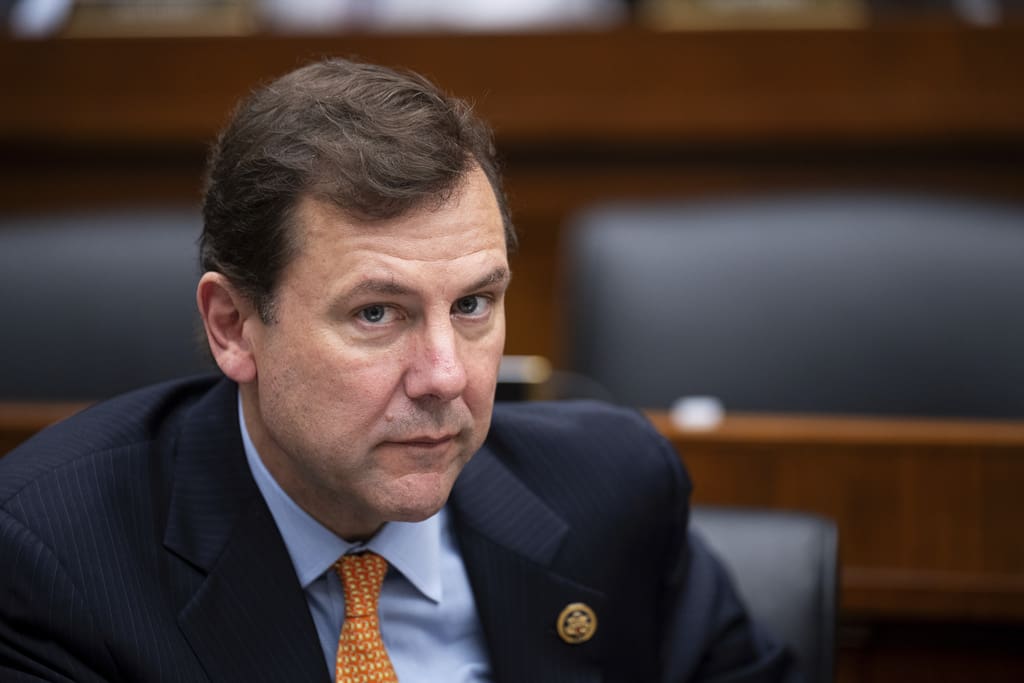Article Summary –
Michigan Democratic state Rep. Laurie Pohutsky publicly announced her sterilization surgery as a personal response to potential threats to reproductive rights under the Trump administration, highlighting concerns about continued access to reproductive health care despite legal protections in Michigan. Following the Supreme Court’s decision in Dobbs v. Jackson Women’s Health Organization, the demand for permanent sterilization procedures among young adults has risen significantly, reflecting broader anxieties about reproductive rights. Despite Michigan’s recent legislative efforts to expand reproductive health care access, including protections for contraception, Pohutsky emphasizes the ongoing vulnerability to federal actions and the preemptive compliance of entities with non-legal executive orders.
Michigan Democratic state Rep. Laurie Pohutsky shared on Feb. 5 that she underwent sterilization surgery, citing concerns over reproductive rights under the current administration.
“I had surgery to avoid facing pregnancy in Donald Trump’s America,” Pohutsky addressed the crowd at a Feb. 5 protest at the Michigan Capitol in Lansing, as reported by Michigan Advance. “I will not let my body be seen as currency by an administration valuing only my reproductive ability.”
Pohutsky, 36, told the Michigan Independent she felt compelled to speak publicly about her choice after hearing friends doubt their decisions amid potential reproductive health restrictions.
“Initially, I wasn’t going to share it publicly because it’s personal, but in talks with friends, I noticed doubts about continued access,” Pohutsky explained. “I wanted to validate their concerns and empower them to make right decisions for themselves.”
Tubal sterilizations, blocking or removing fallopian tubes, offer irreversible contraception.
Pohutsky is among many Americans choosing permanent sterilization post-Dobbs v. Jackson Women’s Health Organization, which ended the constitutional right to abortion in June 2022.
A January 2025 study in Health Affairs by researchers from George Washington University and others revealed rising demand for tubal sterilizations and vasectomies among 19- to 26-year-olds. Just two months post-Dobbs, tubal sterilizations increased by 70% and vasectomies by 95%.
“This expands literature showing Dobbs impacts extend beyond abortion, affecting contraception, especially in vulnerable groups like young adults,” Julia Strasser, a study author, commented in a research video.
Although abortion is legal in Michigan without gestational limits and a 2022 amendment protects reproductive freedom, Pohutsky expressed concern over potential congressional decisions and Michigan entities’ responses to Trump’s executive orders.
“My surgery coincided with the inauguration week. I considered rescheduling due to a legislative session but didn’t because of White House executive orders, though not law, that entities, including a Michigan hospital, preemptively follow,” Pohutsky shared.
Pohutsky noted that Corewell Health stopped gender-affirming care for minors without legal requirements to do so, raising concerns about preemptive adherence to non-lawful orders.
Pohutsky faced backlash after publicly discussing her surgery.
“We’ve received death threats and gender-based insults. It’s akin to abortion backlash, which is fascinating,” she observed.
In January 2025, Michigan Gov. Gretchen Whitmer signed 16 bills to enhance reproductive health care, including two safeguarding contraception: one enabling pharmacists to prescribe contraceptives and another mandating insurance coverage for pharmacist-prescribed contraceptives.
Despite state protections, Pohutsky emphasized the Michigan Constitution’s limits against federal actions.
“We can’t account for entities preemptively following executive orders. Yes, we’re in a safe access state, but federally, we’re in uncharted territory, necessitating decisions that position us best,” she advised.
—
Read More Michigan News










